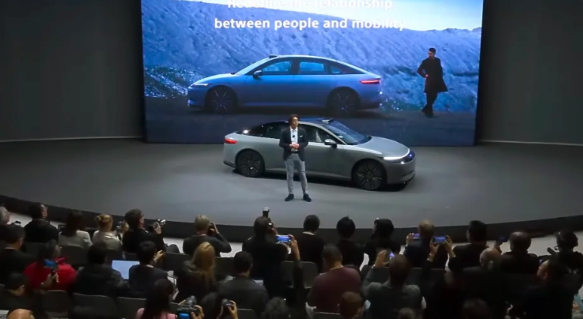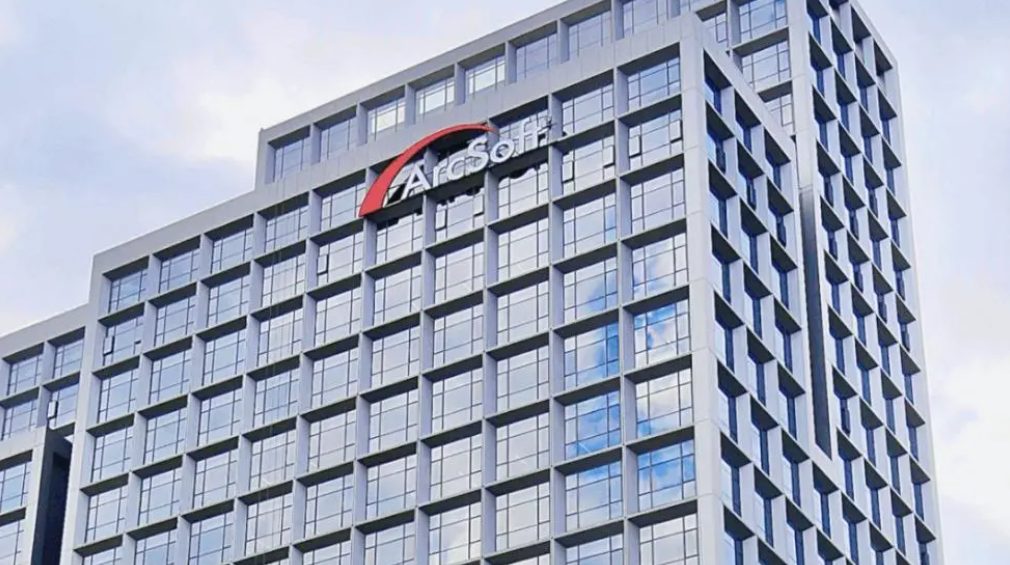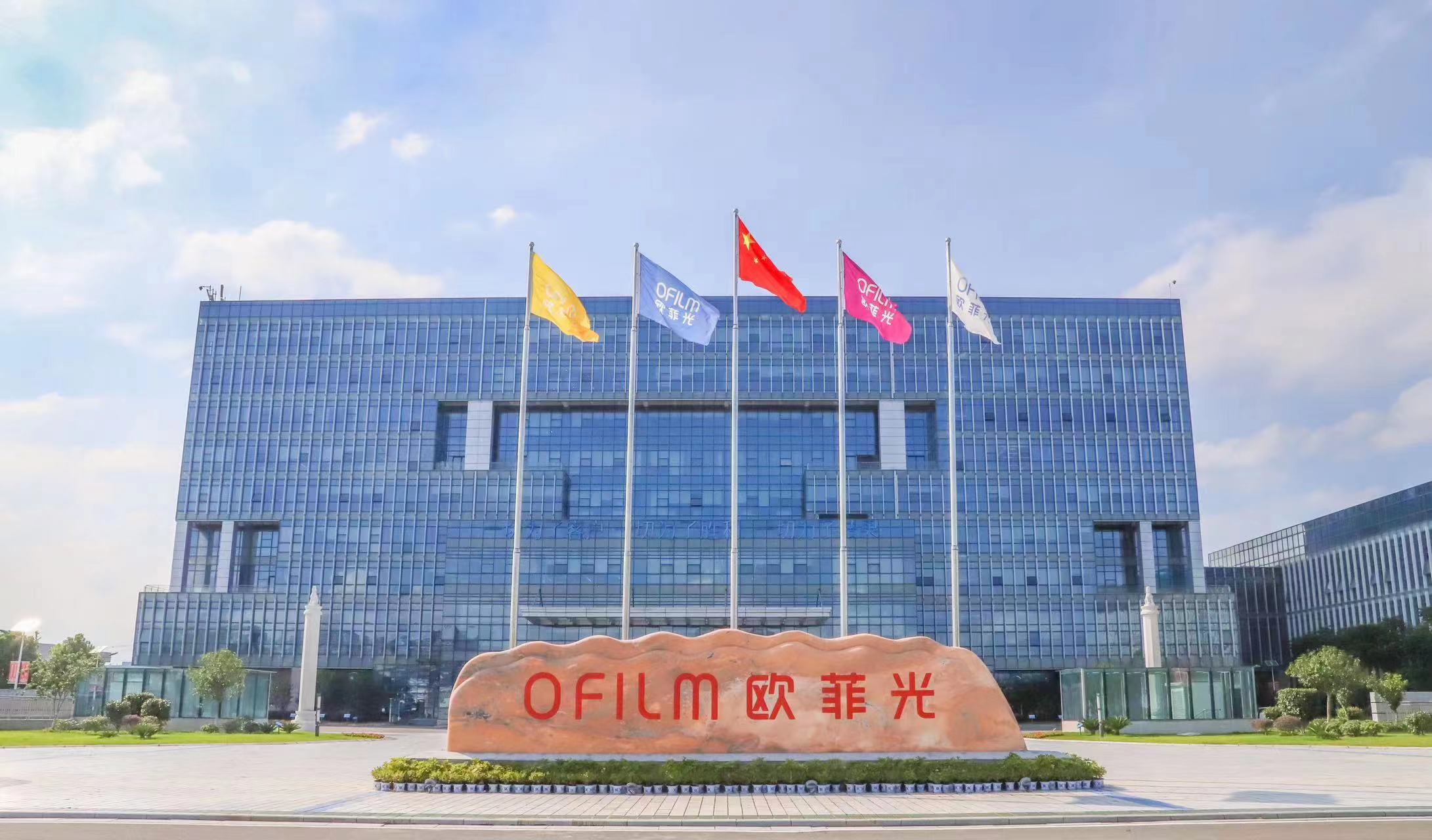Building a factory in Mexico, BYD's next step out to sea
Time: Feb 26, 2024Views:
ChaoDian Think Tank has learned that Chinese electric car maker BYD is preparing an electric car factory in Mexico and using it as the basis to formally enter the U.S. and even the global market.
It is reported that BYD has now launched a feasibility study of the Mexican plant, and is negotiating with Mexican officials on terms including the location of the plant. Zou Zhou did not mention where BYD plans to build a new factory, but the state of Nuevo Leon (Nuevo Leon) and the Bajio region (Bajio) may be a potential candidate for location.
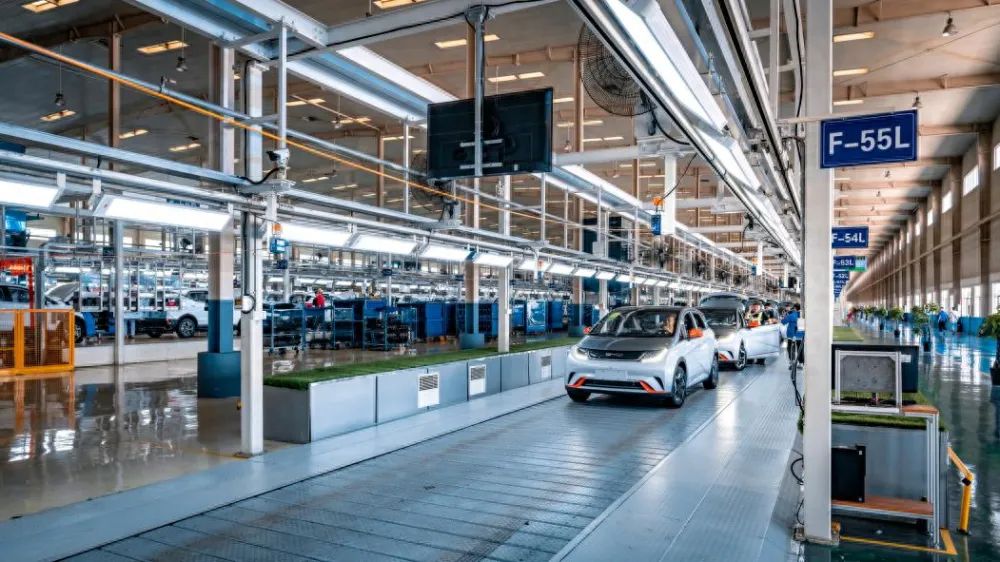
General manager of BYD's Mexican branch said in an interview with foreign media, "Overseas production is an indispensable and necessary factor for international brands." But declined an official statement from the branch.
In 2024, BYD will not slow down the pace of the sea: at the beginning of 2024, Indonesia, Europe's Hungary have BYD landed in the deployment point. Recently, Airlangga Hartarto, Indonesia's Minister of Economic Coordination, said at a press conference that BYD will invest $1.3 billion (about 9.373 billion yuan) to build an automobile factory in Indonesia, with an expected production capacity of 150,000 units. BYD also plans to set up as many as 50 sales outlets across Indonesia by the end of 2024.
The United States, as the world's second-largest electric vehicle sales market outside of China, is self-evidently attractive to BYD, and Mexico is the most important U.S. friendly manufacturing base, the consideration of building a plant in Mexico also shows BYD's ambitious ambitions for the North American market.
From the United States, Europe, Japan, many world-class enterprises have layout Mexico, Chinese enterprises are not willing to lag behind. BYD, Changan, the Great Wall, Chery, Haier, Hisense, TCL and many supply chain companies, are in various forms of landing or building factories in Mexico.2023, nearly 3,000 Chinese companies have carried out direct investment in Mexico, a year-on-year increase of 48%.
This comes on the heels of the passage of the Inflation Reduction Act, which requires electric vehicles to be assembled in the U.S. and meet stringent battery sourcing requirements in order to qualify for tax credits of up to $7,500 per vehicle. Mexico's automotive manufacturing sector is large and closely linked to the U.S. auto industry, which also brings together many of the world's top automakers.
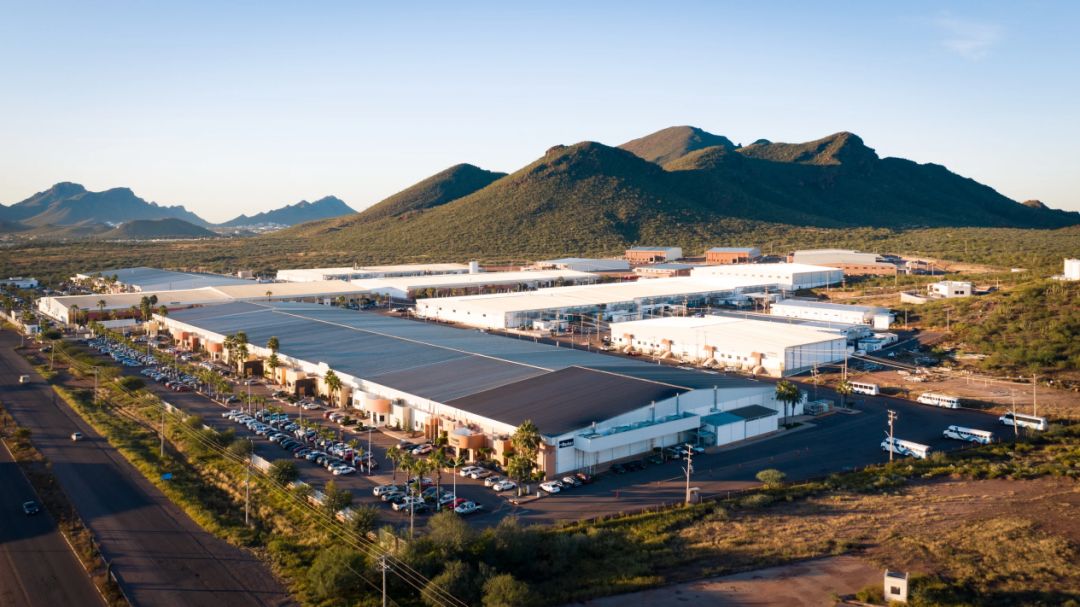
Previously, Kia Motors (Kia) has announced plans to produce electric vehicles in Nuevo Leon. BMW (BMW) and Stellantis also confirmed plans to produce electric cars in Mexico last year. Tesla (Tesla) also plans to build a super factory in Nuevo León. Nuevo León's economy minister, Iván Rivas, said Tesla had obtained all the necessary permits to begin construction last December.
With the accumulation of experience in overseas production and operation, the overseas strategy of Chinese automakers is changing. In the past, the main focus was on vehicle exports, with sales as the main focus in overseas markets, and overseas construction focused on channels and brand building, while today they are beginning to focus on building factories locally to localize parts, components and services. China's automobile has shifted from simple product sales to the output of the whole industry chain of "products, technology, talents and management", and it is believed that with the further optimization of global resources in the future, "global operation" will be realized eventually.
recommend
Jan 10, 2024
At last years CES 2023, Sony Honda Mobility, a joint venture between Sony and Honda, was officially unveiled, with the t...
Hot

